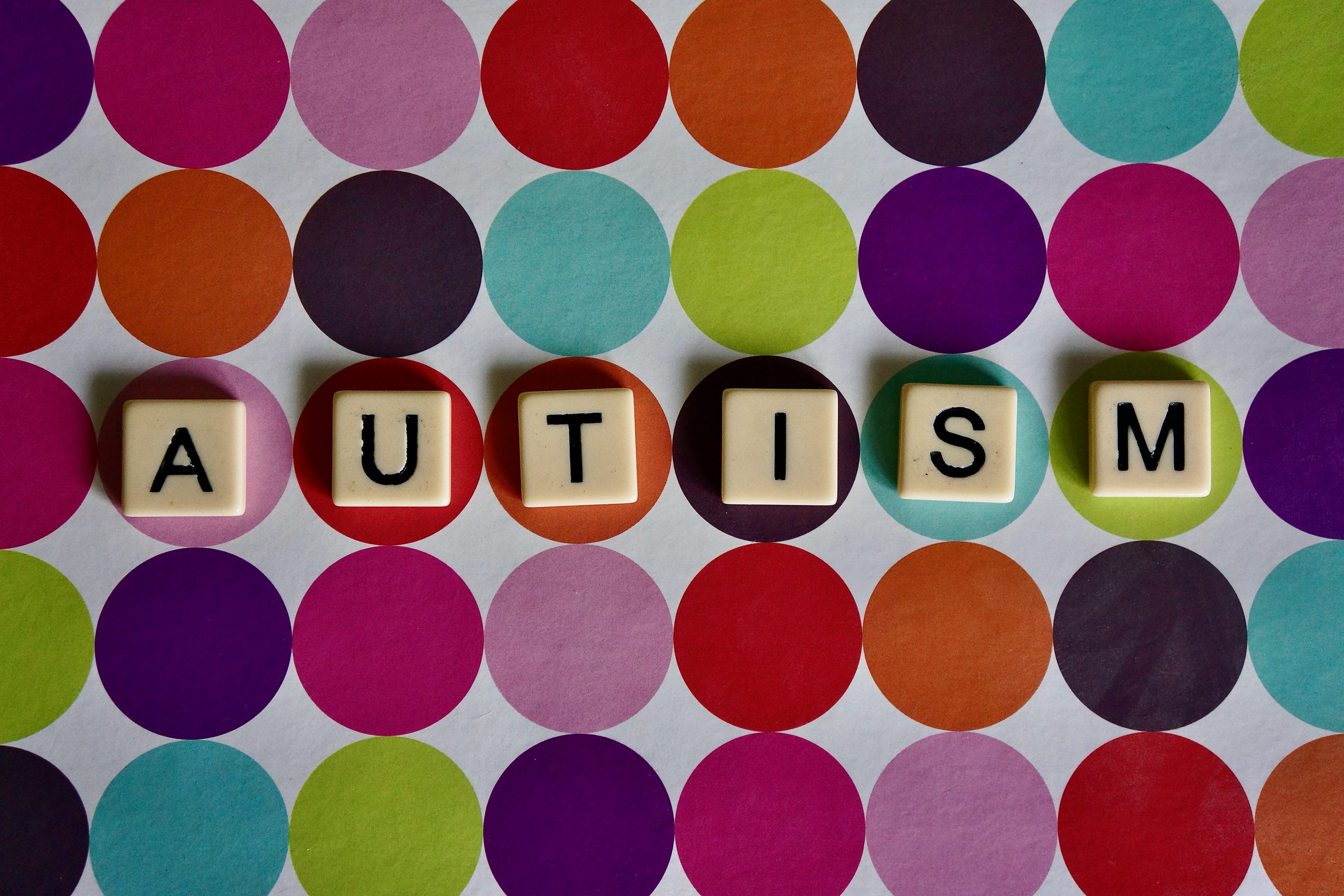Depression can be a challenging condition that affects various aspects of life. However, there are ways to overcome it and rediscover joy in everyday experiences. In this article, we’ll explore strategies for overcoming depression and improving mood, including the importance of seeking help, engaging in enjoyable activities, creating a supportive environment, developing healthy habits, practicing mindfulness, and finding purpose in life.
Understanding Depression
Depression is more than just feeling sad; it’s a mental health disorder characterized by persistent feelings of sadness, hopelessness, and lack of interest in activities. Symptoms may vary from person to person but can include changes in appetite, sleep disturbances, fatigue, and difficulty concentrating. It’s essential to recognize these signs and seek help when needed to prevent the condition from worsening.

Overcoming Depression
Overcoming depression requires a multifaceted approach. It involves addressing both the physical and emotional aspects of the condition. Strategies may include therapy, medication, lifestyle changes, and social support. By actively engaging in treatment and implementing coping mechanisms, individuals can gradually improve their mood and regain a sense of control over their lives.
Importance of Seeking Help
Seeking professional help is crucial for effectively managing depression. Therapists and psychiatrists can provide valuable support, guidance, and treatment options tailored to individual needs. Additionally, support groups and online communities offer opportunities to connect with others who understand what it’s like to live with depression. Don’t hesitate to reach out for help; you’re not alone in this journey.
Engaging in Activities You Enjoy
One effective way to improve mood is by engaging in activities that bring joy and fulfillment. Whether it’s pursuing hobbies, spending time with loved ones, or exploring nature, finding activities that resonate with you can help uplift your spirits and provide a sense of purpose. Make time for leisure activities regularly, even when you don’t feel like it, as they can have a positive impact on your overall well-being.
Creating a Supportive Environment
Surrounding yourself with a supportive network of friends, family, and peers can make a significant difference in managing depression. These individuals can offer emotional support, practical assistance, and companionship during challenging times. Cultivate relationships that are nurturing and understanding, and don’t hesitate to lean on others when you need help.
Developing Healthy Habits
Incorporating healthy habits into your daily routine can play a vital role in improving mood and overall mental health. This includes prioritizing regular exercise, maintaining a balanced diet, getting adequate sleep, and avoiding substance abuse. Small changes can add up over time, leading to significant improvements in mood and well-being.
Practicing Mindfulness
Mindfulness involves being present in the moment and cultivating awareness of thoughts, feelings, and sensations without judgment. Mindfulness techniques, such as meditation, deep breathing, and yoga, can help reduce stress, enhance self-awareness, and promote emotional resilience. By incorporating mindfulness practices into your daily life, you can develop greater inner peace and contentment.

Finding Purpose in Life
Finding meaning and purpose in life is essential for overall happiness and well-being. This can involve pursuing meaningful goals, contributing to your community, or engaging in activities that align with your values and passions. Reflect on what matters most to you and take steps to integrate purposeful activities into your daily life. By doing so, you can cultivate a sense of fulfillment and satisfaction.
FAQs
How do I know if I’m depressed? Depression is characterized by persistent feelings of sadness, hopelessness, and lack of interest in activities. Other symptoms may include changes in appetite, sleep disturbances, fatigue, and difficulty concentrating. If you’re experiencing these symptoms for an extended period, it’s essential to seek professional help.
What are some effective ways to improve mood? Engaging in activities you enjoy, creating a supportive environment, developing healthy habits, practicing mindfulness, and finding purpose in life are all effective ways to improve mood and overall well-being.
Is it normal to feel overwhelmed when dealing with depression? Yes, it’s normal to feel overwhelmed when dealing with depression. It’s essential to reach out for support from friends, family, or mental health professionals during these times.
Can lifestyle changes help with depression? Yes, lifestyle changes such as regular exercise, balanced diet, adequate sleep, and avoiding substance abuse can all help improve mood and manage depression symptoms.
What role does therapy play in treating depression? Therapy can provide valuable support, guidance, and coping strategies for managing depression. Therapists can help individuals identify underlying issues, develop healthy coping mechanisms, and work towards recovery.
How can I support a loved one with depression? Supporting a loved one with depression involves offering empathy, understanding, and encouragement. Encourage them to seek professional help and offer to accompany them to appointments or therapy sessions.
Conclusion
Overcoming depression and improving mood is possible with the right strategies and support systems in place. By seeking help, engaging in enjoyable activities, creating a supportive environment, developing healthy habits, practicing mindfulness, and finding purpose in life, individuals can rediscover joy in everyday experiences and lead fulfilling lives.










